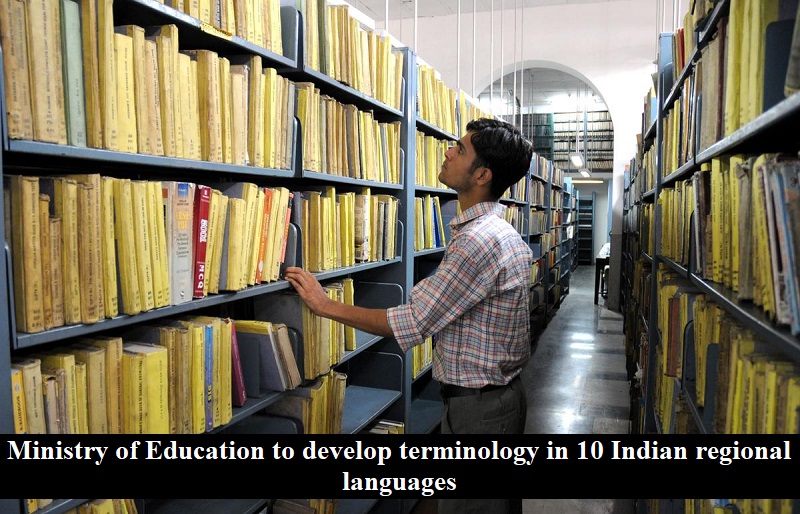
The Indian Ministry of Education’s Commission for Scientific and Technical Terminology (CSTT) is working on developing technical and scientific terminology in 10 regional languages in India that are underrepresented. While Sanskrit, Bodo, Santhali, Dogri, Kashmiri, Konkani, Nepali, Manipuri, Sindhi, Maithili, and Konkani are officially recognized under the Indian Constitution, there is little study material available in these languages due to a lack of appropriate vocabulary for technical concepts and scientific terms.
Within three to four months, the CSTT plans to release digital basic dictionaries for each of the 10 languages with 5,000 technical terms each, as well as printed copies, to cover 15 fields, including civil and electrical engineering, journalism, public administration, chemistry, botany, zoology, psychology, physics, economics, Ayurveda, and mathematics.
These dictionaries will be distributed to educational institutions and agencies such as State education boards, universities, engineering schools, and the National Testing Agency, to provide assistance in the preparation of entrance exams like the Common University Entrance Test (CUET), Joint Entrance Examination (JEE) Main, and University Grants Commission (UGC)-National Eligibility Test (NET).
In 2004, Bodo, Dogri, Maithili, and Santhali were added to the national language list, bringing the total number of languages recognized to 22. However, there is still a lack of content and linguistic resources in these languages, which leads to a lack of learning material.
The CSTT, established in 1961, aims to develop technical vocabularies in all Indian languages, and is partnering with prestigious institutions such as IIT Bombay for speedy internet distribution.
The National Education Policy 2020 supports teaching in regional languages in both schools and colleges, and the Indian government has launched efforts to introduce engineering and medical programs in local languages in several states.
The University Grants Commission (UGC) has also announced plans to introduce undergraduate and graduate programs in regional languages across all academic fields, including business, humanities, and science. The Bar Council of India (BCI) has established a panel to suggest the implementation of regional language courses in law institutes.

Post Your Comments